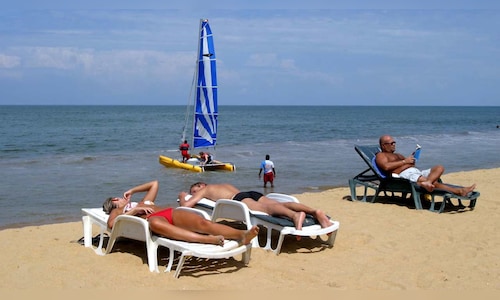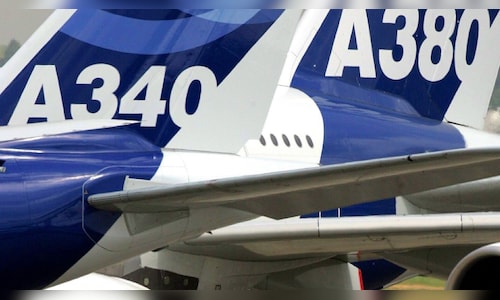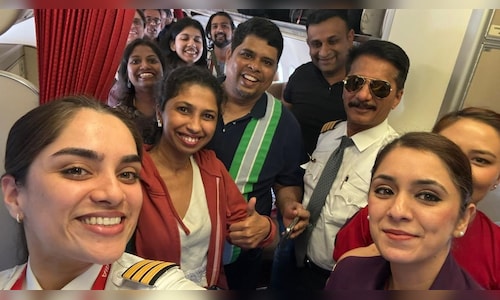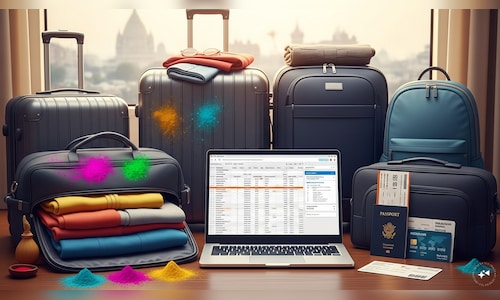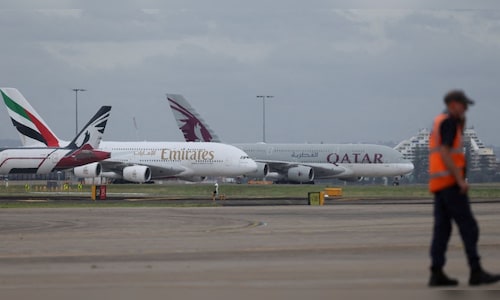However, the country’s Supreme Court later ordered a rollback of the system following legal disputes, ultimately suspending the new platform. The failure to comply with the court’s directive led to the imprisonment of the former head of the Department of Immigration and Emigration last month, after being found guilty of contempt of court.
As the government addresses administrative restructuring in tourism and immigration, it is also grappling with growing religious backlash over recent efforts to promote inclusivity in the tourism sector — particularly around LGBTIQ-related initiatives. Buddhist and Catholic leaders have voiced strong objections to the Sri Lanka Tourism Development Authority’s recent recognition of diversity programmes led by an NGO.
Also read | Indians top list of foreign arrivals in visa-free Sri Lanka in 2025 so far
The protest was sparked after the island nation’s tourism department, in a letter dated September 9, commended the NGO Equal Ground for its contributions to promoting diversity in the tourism industry in the run-up to World Tourism Day 2025. Religious groups swiftly reacted, accusing the tourism authority of endorsing “unethical homosexual practices”.
The four chief of prominent Buddhist sects jointly addressed a letter to President Anura Kumara Dissanayake, condemning what they described as actions “to promote unethical homosexual practices”. The statement came shortly after Malcolm Cardinal Ranjith, head of the Catholic Church in Sri Lanka, criticised attempts to introduce what he called “new, unacceptable cultural practices”.
“Action to promote unethical homosexual practices” was the wording used by the Buddhist clergy in urging the President to intervene and halt such initiatives, which they claim go against Buddhist teachings and traditional values.
Under current Sri Lankan laws, homosexuality remains criminalised. Article 365 of the Penal Code considers sexual conduct that is “against the order of nature” — including consensual same-sex relations — to be a punishable offence.
Also read | Sri Lanka opens visa free entry to citizens of 40 countries to boost tourism
The Sri Lankan government wants to revive its tourism sector, with calls for inclusivity, reinforcement of the electronic travel authorisation visa and the cultural divide over LGBTIQ tourism efforts to boost tourism in the island nation.
(Edited by : Jerome Anthony)
First Published: Oct 4, 2025 8:28 PM IST


